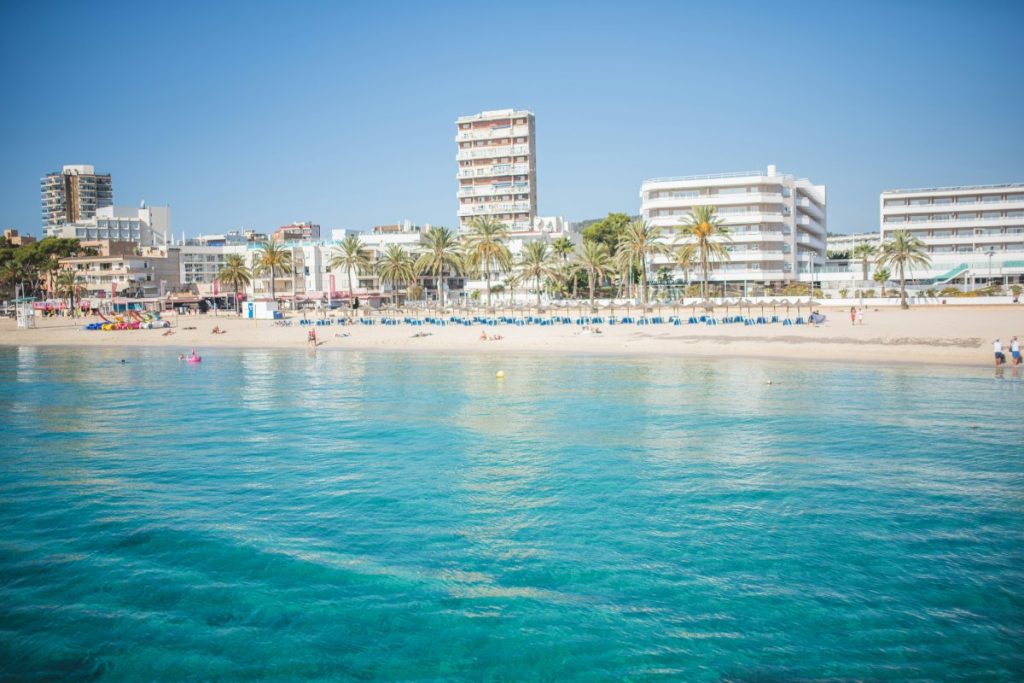The tourist hotspot of Mallorca in Spain recently saw its second mass demonstration against mass tourism, with over 20,000 protestors taking to the streets of Palma de Mallorca. The protestors marched under the slogan “Let’s change course, let’s set limits to tourism,” with demands for more affordable housing, an end to real estate speculation and gentrification, fair wages, and better conservation of natural spaces. This protest followed a previous demonstration in June, indicating a growing concern among locals regarding the impacts of tourism on their communities.
Protests against mass tourism have also been seen in other popular destinations in Spain, including Barcelona, the Canary Islands, Menorca, and Malaga. The growth of short-term rentals and foreign investment in these areas has disrupted local property markets, limiting the ability of locals to acquire homes in their own cities. The overtourism crisis has been described as a housing crisis by experts, with overcrowding and business replacement also contributing to the unrest among residents. Despite the protests, international flight bookings for popular Spanish destinations like Barcelona, Menorca, Lanzarote, and Mallorca have seen significant increases this summer.
Despite the protests and concerns raised by residents, Spain remains a top-selling tourist destination in Europe. International air arrivals and traveler spending in Spain have seen a 12% and 25% increase from pre-pandemic levels in the first half of 2024, according to the European Travel Commission. The UK has been a major growth market for Spain, with scheduled capacity for the country rising 8% from last year. Low-cost carriers like Ryanair, Jet2.com, and EasyJet have added significantly more seats this year to accommodate the demand for travel to Spain.
The protests in Spain have highlighted residents’ concerns about rising living costs and environmental strain due to increased tourism in their communities. Calls have been made to limit tourist numbers to alleviate these issues, but data from travel analytics firm ForwardKeys shows that tourism growth in Spain has remained unaffected despite the protests. International flight bookings to popular Spanish destinations like Barcelona and Menorca have seen significant increases, indicating the continued popularity of these areas among tourists. The protests serve as a reminder of the challenges faced by residents living in tourist hotspots and the need for sustainable tourism practices to protect local communities and the environment.
The protests in Spain demonstrate the growing backlash against mass tourism in popular destinations across the country. Issues such as affordable housing, real estate speculation, and environmental conservation are at the forefront of residents’ concerns as they strive to balance the benefits of tourism with the negative impacts on their communities. While international travel to Spain remains strong, the protests serve as a reminder of the need for responsible tourism practices and collaboration between stakeholders to address the challenges of overtourism. As Spain continues to attract visitors from around the world, finding a balance between tourism growth and community well-being is crucial for the long-term sustainability of these popular destinations.















